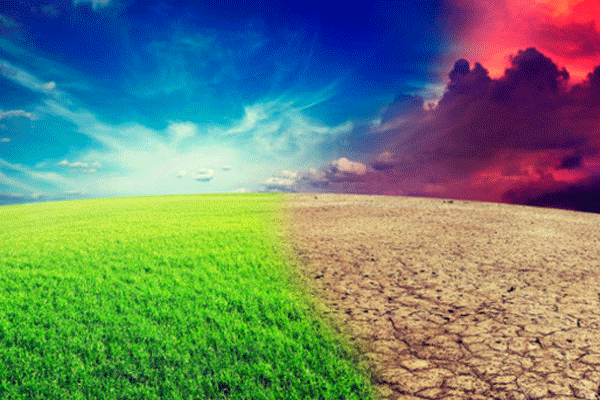
URBAN and peri-urban residents always pin their hopes on councillors, urban planners and local authorities for long lasting infrastructural development.
guest column: PETER MAKWANYA
Quality buildings and other forms of infrastructure and sustainable urban planning determine the urban and peri-urban’s resilience, not only to combat climate shocks, but for other hazards and natural disasters.
But one notable inhibiting factor is how the meaning of the word “resilience” has been trashed and poisoned by those who seek to confuse others on the proper working definition and placement of the word.
Resilience is the process of adapting in the face of adversity, tragedy, threats or even significant sources of stress, such as family, health problems, work place and financial stressors.
Resilience means bouncing back from difficult experiences.
Resilience is the ability of a system to absorb shocks and maintain its functionality, structure and identity, while coping and adapting to change and extreme events.
Resilience is a cross-cutting word that does not only apply to infrastructure and climate change, but also to people, and their ability to withstand economic shocks by harnessing survival skills.
- Chamisa under fire over US$120K donation
- Mavhunga puts DeMbare into Chibuku quarterfinals
- Pension funds bet on Cabora Bassa oilfields
- Councils defy govt fire tender directive
Keep Reading
Talking about resilience as only climate-related has robbed the nation of its ability to understand its other applications.
It is, therefore, appropriate to address the audience to factors that would influence resilience in the first place, and then relate them to environmental activities if the situation permits.
The main focus is on urban governance, which normally contributes to the resilience of both the people’s way of life, the quality of their water, sanitation, hygiene and other health-related activities.
The country’s ability to bring fundamental economic benefits to its people, is determined by how much the government has invested in the lives of its citizens.
We cannot only talk of climate change resilience when the citizens are exposed and vulnerable to economic, socio-economic, cultural shocks, social drawbacks or unsustainable agricultural practices.
Climate resilience will come later, that is if resilience in terms of infrastructural development has been sufficiently addressed.
Infrastructure does not only include buildings, but also extends to roads, railways, electricity power supply, sewerage and reticulation and road maintenance.
Lack of road maintenance or poor road surfacing culminates in the birth of potholes that expose motorists to accidents, and the aspect of resilience suffers in the process.
If the country has energy poverty and erratic power supplies, it cannot be said to be resilient in terms of energy or power supplies, whether dirty or clean.
If the country is always holding a begging bowl or suffers from perennial food insecurity, then it will be lacking resilience in feeding its own people.
Yes, climate-induced scenarios will culminate if proper resilient measures have not been instituted.
As such, we cannot, as a nation, talk about climate smart-farming without addressing the basic tenets of resilience. By so doing, we will be biting more than we can chew.
In urban and upmarket areas, insurance also helps in insuring various forms of infrastructure in order to foster resilience such as the ability to withstand property damage and business upheavals.
The ability of urban councils to reduce the infrastructural gap by providing quality housing for all, makes it a purely resilient measure.
Quality housing standards do not include the mushrooming of squatter camps or slums.
In order for a country to be resilient, it must invest in quality education.
The ability of countries to suppress and manage 19th century diseases like typhoid is also a resilient measure.
Most countries have managed to eradicate cholera and typhoid, leaving only countries that have medieval systems of governance still at risk of typhoid.
In this regard, when resilient best practices have not been fostered, maintained and upheld, then climate change impacts will strike a destructive blow.
In this view, resilience does not start with climate change scenarios, but its genesis is deeply rooted in shoddy urban planning and lacklustre infrastructure development, monitoring and evaluation.
In every respect, it is the duty of the local government and a vibrant private sector to make it a priority to have resilient cities that can withstand extreme weather events.
Peter Makwanya is a climate change communicator. He writes in his capacity and can be contacted on: [email protected]











